So I went to Turkey last year. Like other tourists, I of course found Turkey and especially Istanbul (a relatively new name for a very old place) fascinating, awesome, familiar and alien, canny and uncanny. If you want proof that history’s footsteps and sighs sound on for eons, please go to Turkey.
So beautiful,
so bleak,
so magical,
And so tough. Quite like its modern founder, Kemal Ataturk.
I was also listening to a history of Istanbul—titled, of course, Istanbul—on Audible while on our day-long bus odysseys—Istanbul to Cappadoccia (those balloons!)
to Ankara, to Smyrna (the wine dark sea!), to Ephesus
and to Troy
As I saw, gawked, and read, what I most thought about was the incredible saga of settlements, invasions, conquests, reconquests, and dynasties this land has seen for more than 3000 years.
Today’s Istanbul, for instance, was Byzantium, then Constantinople in the 4th-century AD, when Emperor Constantine of Rome moved his capital there effectively while the old Rome sizzled and roasted under Barbarian attacks. But this New Rome continued to change hands between Greeks, Romans, Slavs, and Turks for at least a 1000 more years to come.
Then Memet the Conqueror (II) stormed Constantinople in 1453, an event of world-changing significance, in part the cause of the Renaissance in Europe. In 1930, finally, the city was renamed Istanbul.
Angels, fiends, monsters, heroes, and clowns have all taken turns ruling Byzantium, Constantinople, and Istanbul. But these rulers of never achieved the width and breadth of empire that Rome, London, and Washington have seen in the corresponding ancient, pre-modern, and modern periods in the west.
And this was largely because of the impossibility of sanity or continuity amidst the intrigue, conspiracies, infighting, and nepotisms of “byzantine” politics, especially from the 4th to the 12th centuries AD.
It’s from that place and time that we get today’s adjective “byzantine,” which connotes all that is incomprehensibly twisted, tortuous, maniacal, megalomaniacal, treacherous, underhand, malicious, etc.
But today the world is witnessing a new Byzantium—America.
A mad ruler and the country’s most dangerous immigrant, who’s a white man, are imposing a byzantine style of politics on the rest of the world. And American democratic leaders and political pundits have subsequently been clamoring for a new “wartime consiglieri” for the democratic party (citing, of course, The Godfather, a film several of them are suddenly acknowledging as their favorite film of all time—Wait, what? Really?), to replace Senator Chuck Schumer who voted with the Republicans (byzantine and bizarre!) in favor of their budget bill. And of course to counter and tackle Donald Trump’s own wartime consiglieri, the dishonorable Mr. Elon Musk.
But the Dems are getting their historical reference wrong. What we have at hand in Washington today is not only the Mafia, though we do have that too. Democrats should compare Washington in 2025 to Byzantium. Where emperors, with the sheer twistedness, cruelties, megalomanias, psychopathologies, narcissisms, and delusions of grandeur that were their hallmarks, played such tricks before high heaven as to make the angels weep. Each day a new invasion, a new atrocity, a new coup, and a new beheading.
I finish this with some thoughts from the incomparable Moira Donegan of The Guardian on what I christen the “New Byzantium”:
“It may be Trump... who sits in the Oval Office, and it may be Trump who takes to television every few days to sign yet another executive order seeking to punish and humiliate trans people. But it is Musk who controls government operations and federal spending, and so it is Musk who is running the country... Another humiliation of our era: that to merely state what is happening sounds hyperbolic, even unhinged. Musk, after all, is such a morally small man...that it is hard to countenance him as such a profound agent of history. He represents not so much the banality as the imbecility of evil: how shallow and vacuous it is... For a long time now, it has been clear that America was slipping out of a liberal democratic mode of governance and into something more vulgar and less accountable, something more like a privatized racket for the rich that extracts from and punishes the people, but never responds to their will.”




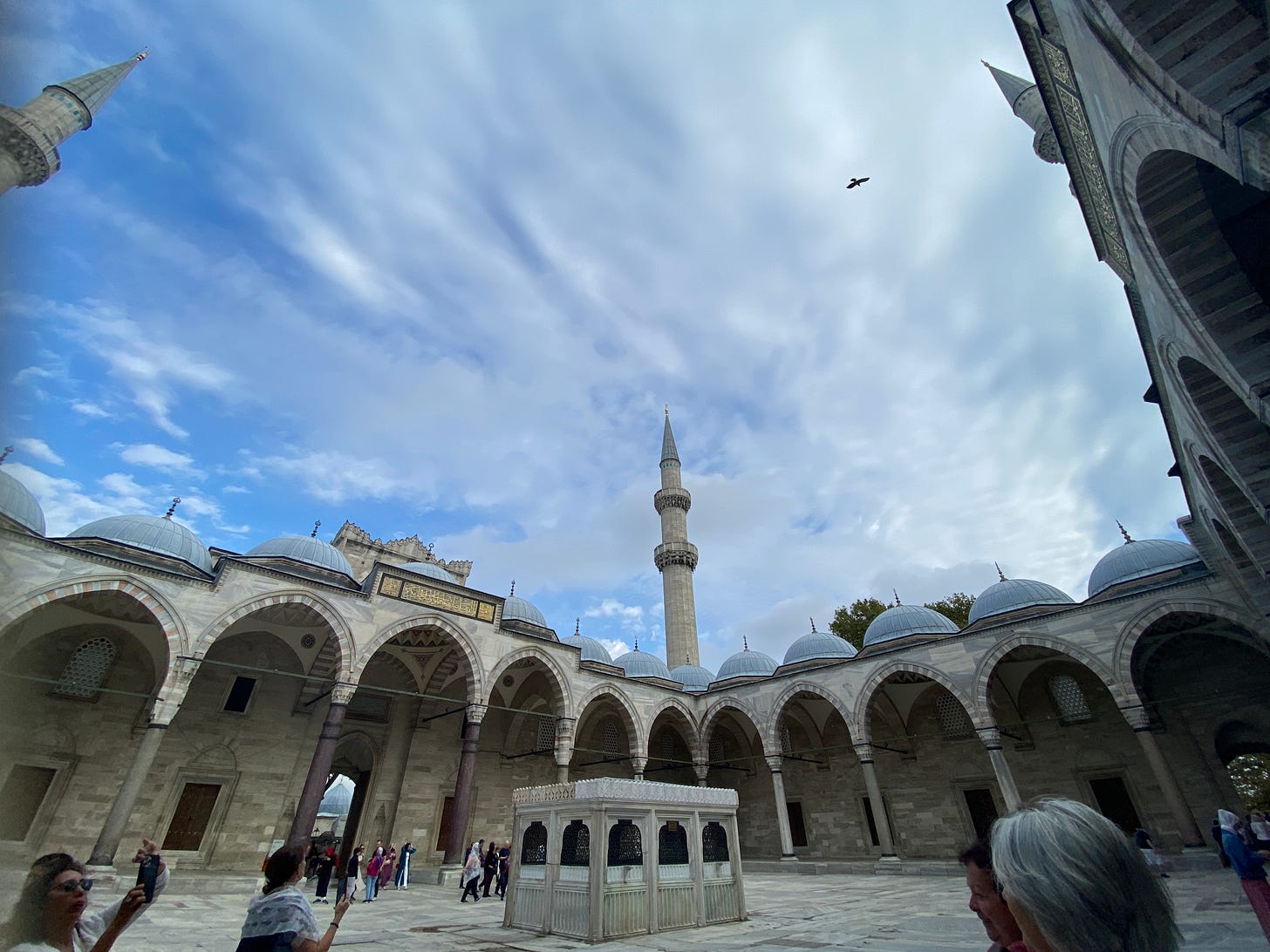

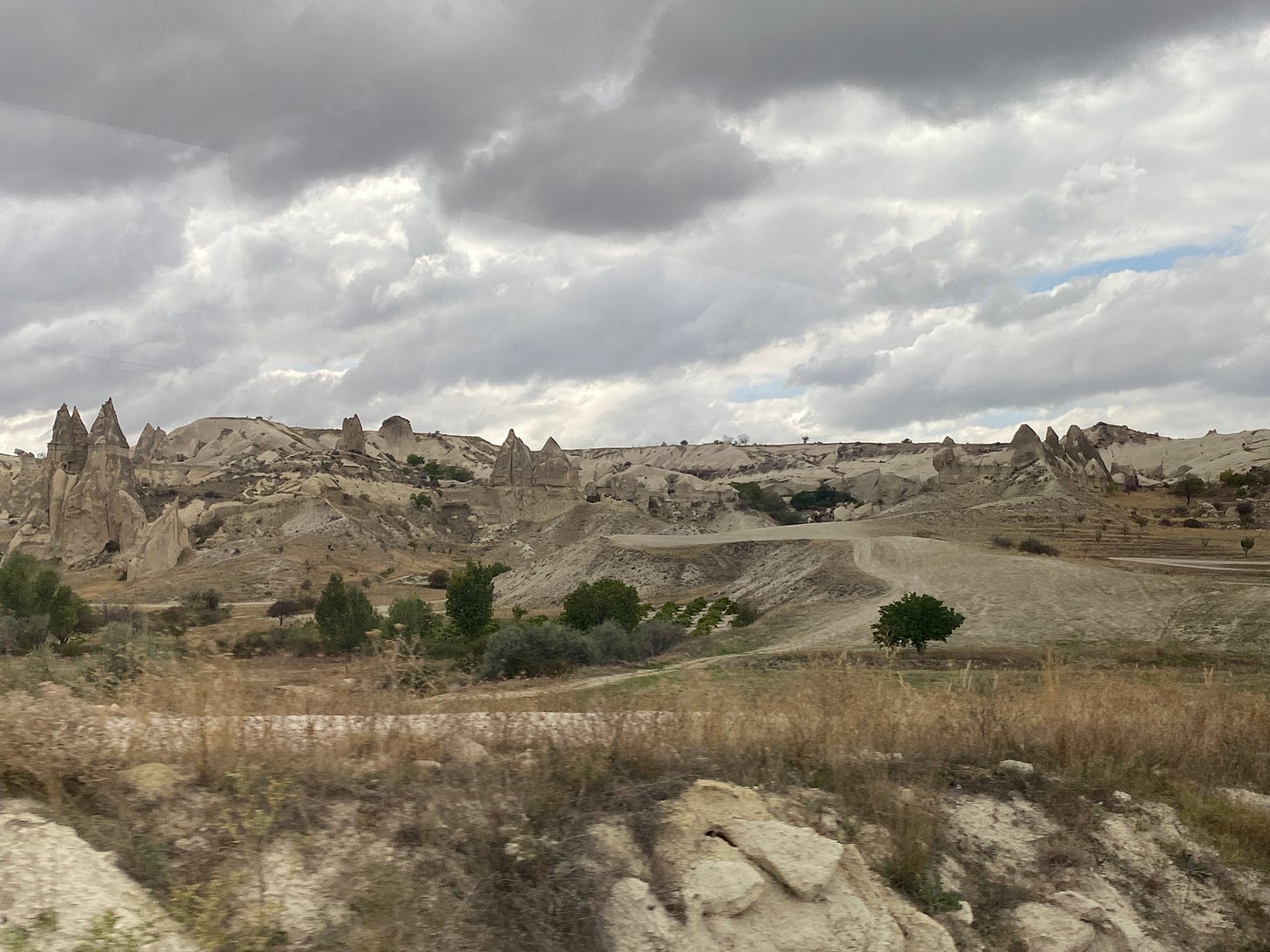
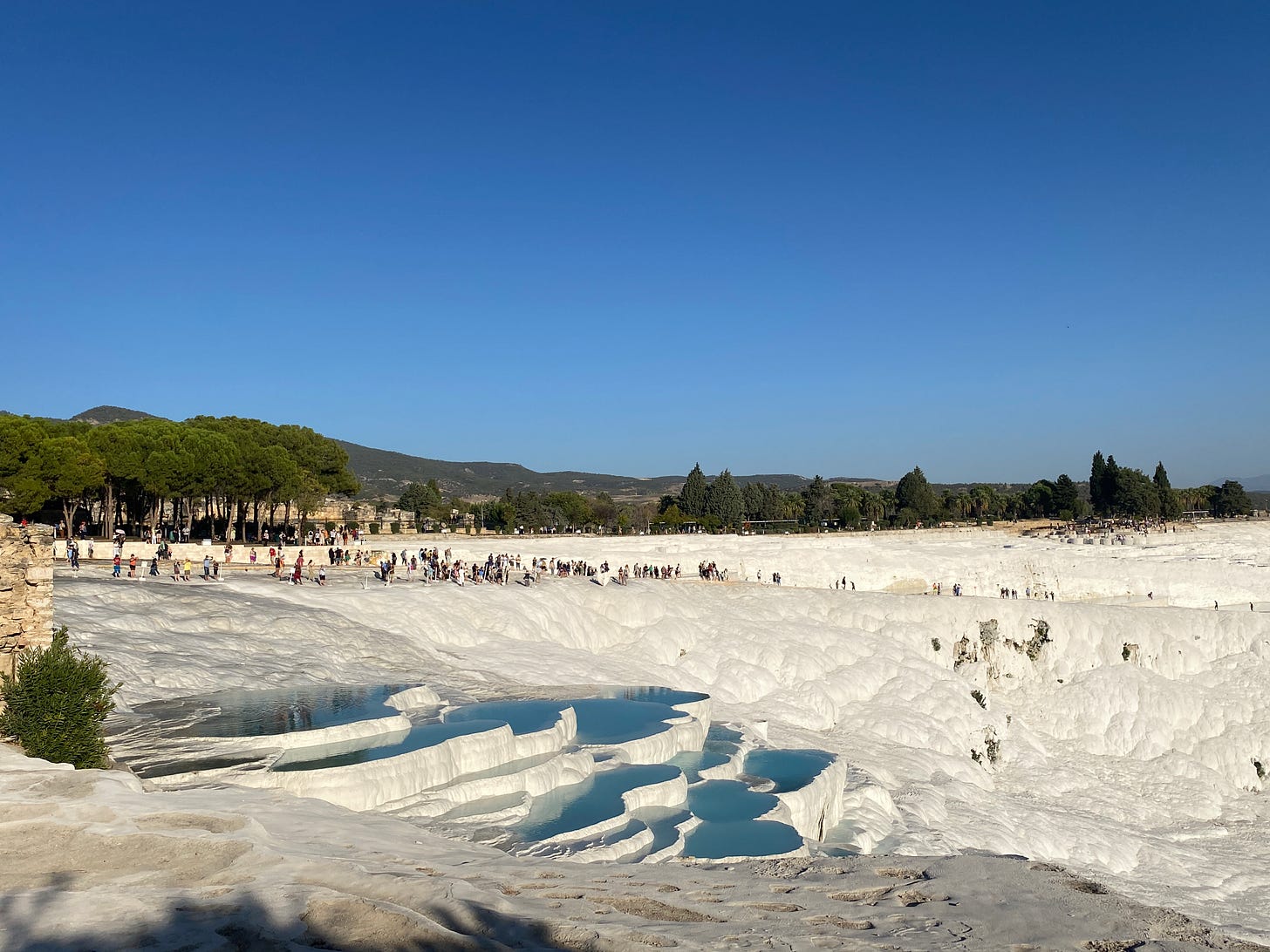



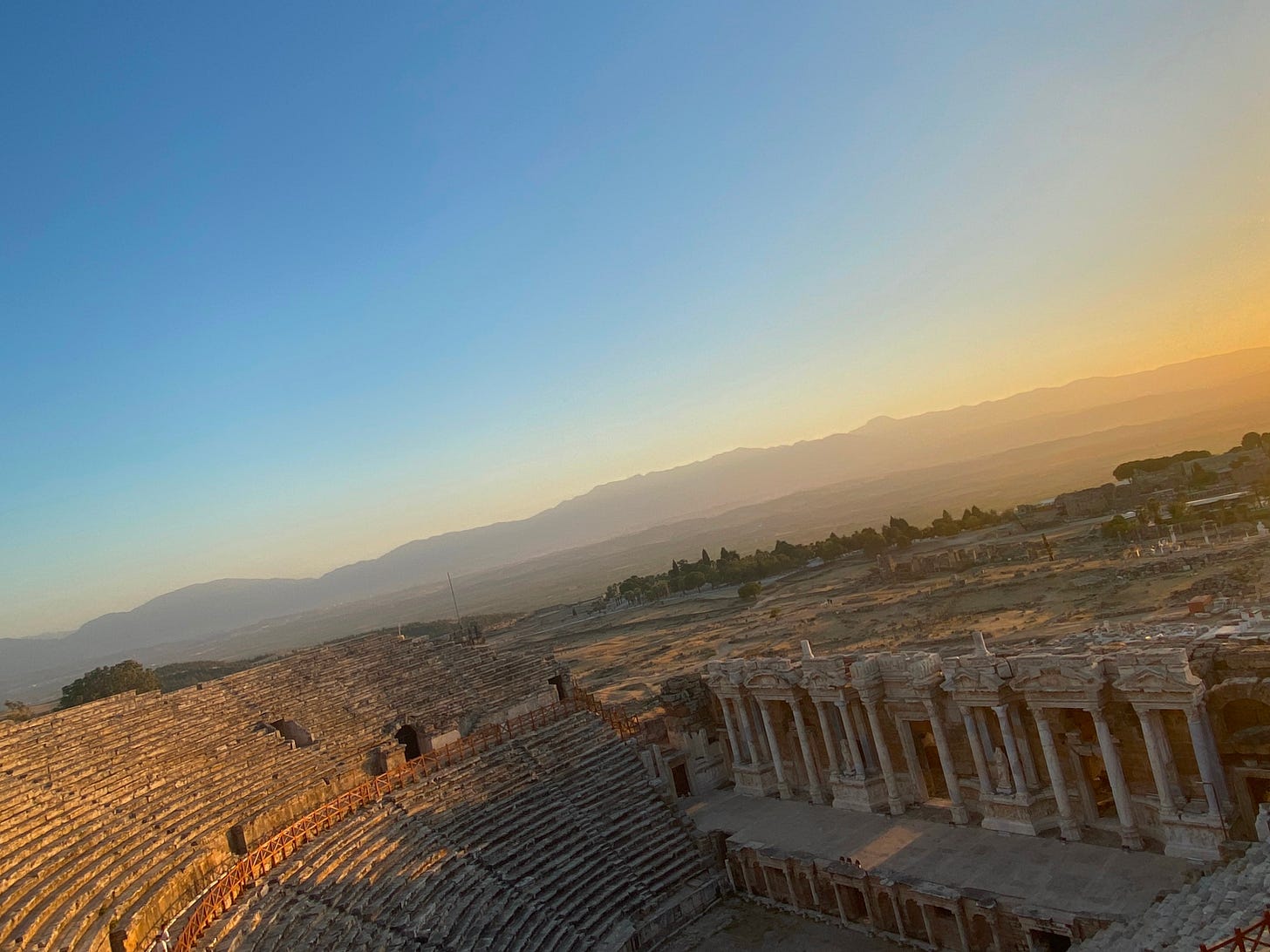


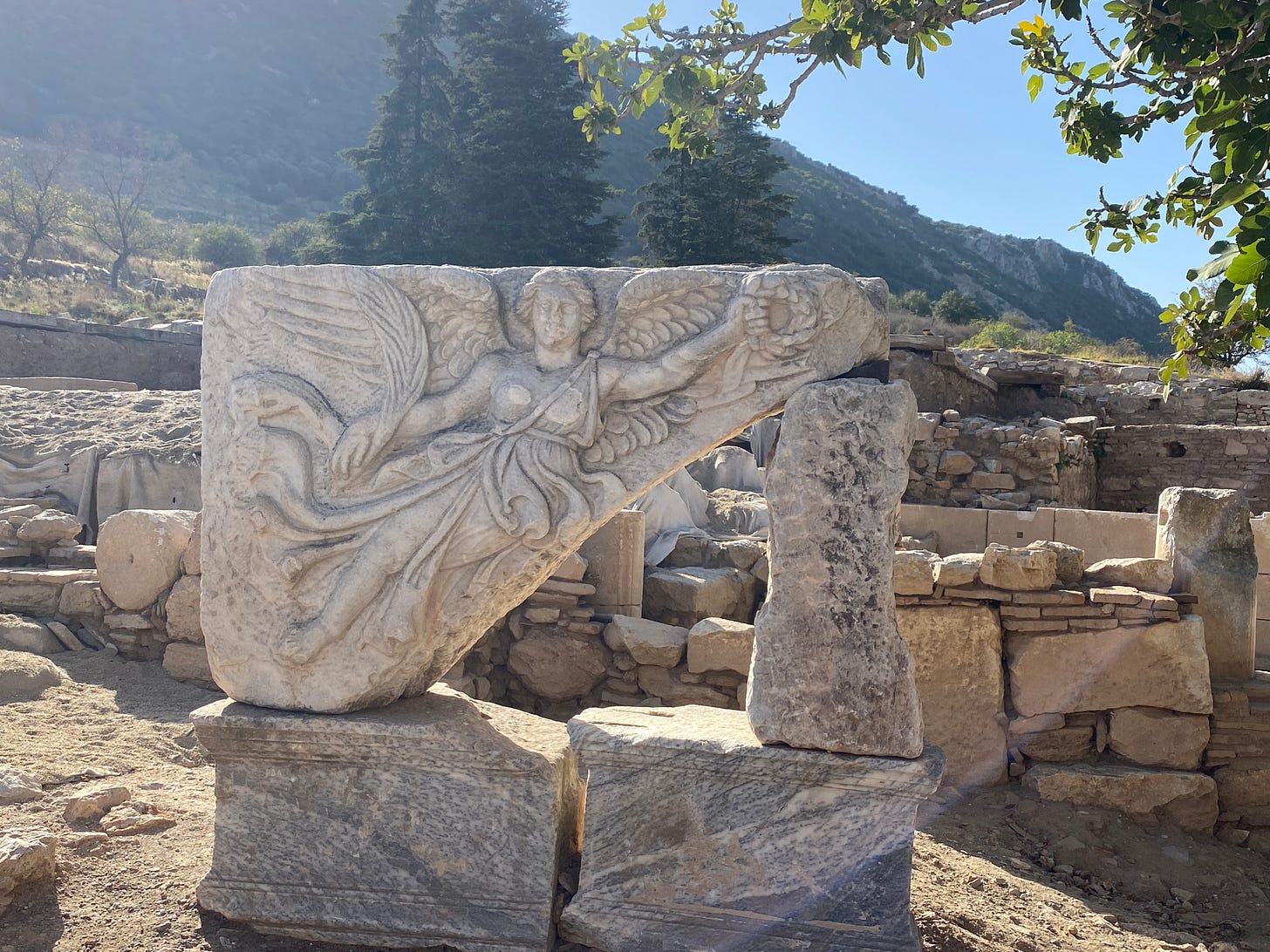

It's hurtful and so unfortunate that better presidents have not been more successful than Trump and Musk are at tearing down what the U.S. has built during the last 250 years. I suspect history will see him as a turn in the road, much like the turns that you saw and that you made us think about in Turkey, Nandini. Kind regards,
A gut punching comparison and reminder that history does repeat itself.